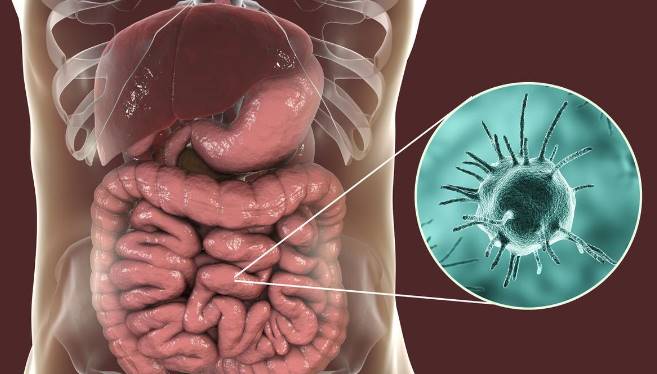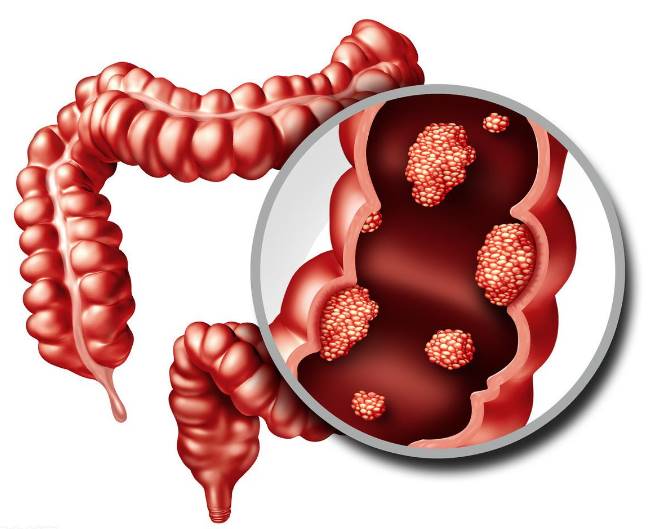
The second leading cancer in the United States, colon cancer is often preventable and curable.
It is important to understand that with proper screening, colon cancer can not only be detected early but also prevented from developing. Although effective screening methods are available, about one-third of Americans do not receive them, according to recommendations Colorectal cancer screening.Doctors offer five facts everyone should know to help reduce their risk of colon cancer.

*Screening-can save lives.Screening can detect early cancers as well as colon polyps before they become cancer. Men and women should start screening at age 50.
*Check in when you feel good!Colon polyps and early-stage cancer often cause no symptoms. It's possible to have colon cancer and not even know it. That's why it's crucial to get screened before you develop symptoms!

*Understand the risk factors.Certain risk factors may require screening at a younger age. These conditions include inflammatory bowel disease, a personal or family history of colon cancer, colon polyps, or certain genetic disorders that may lead to colon cancer, such as Lynch syndrome or familial adenomatous polyposis (FAP).
Ask your doctor when to start screening if you have any of these risk factors.
*Quit smoking and start exercising.There are some lifestyle changes you can make to reduce your risk, such as quitting smoking, avoiding too much red and processed meat, maintaining a healthy weight, and getting exercise. Smokers also have an increased risk of colon cancer. Replace those cigarettes with colorful fruits and vegetables!

*Remember, colon cancer cannot go away on its own.One in 20 people will be diagnosed with colon or rectal cancer in their lifetime. People with a family history of colon polyps or cancer are at increased risk and need to start screening at a younger age, but the vast majority of people with colon cancer have no family history of the disease.
The article is not finished. Click on the next page to continue.
Next page


















